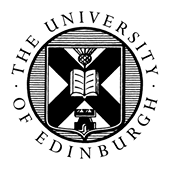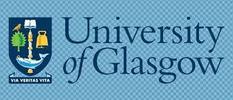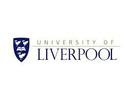Medical Research Council: Government against COVID-19 Grant Funding
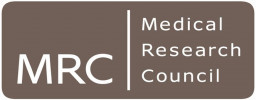
Entity: Medical Research Council
Category: Grant Funding
Description: Supports research across the entire spectrum of medical sciences, in universities and hospitals, in their own units, centres and institutes in the UK, and in their units in Africa.
1. Programme Title: COVID-19 (GECO) Health Research
Summary: Effort on COVID-19 (GECO) Health Research, a new cross-UK government funding call aiming to support applied health research that will address COVID-19 knowledge gaps. The focus is on understanding the pandemic and mitigating its health impacts in low and middle-income countries (LMIC). The call prioritises epidemiology, clinical management, infection control and health system responses.
The call is supported by: the UK Department of Health and Social Care (DHSC) through the NIHR and the Medical Research Council (MRC), which is part of UK Research and Innovation (UKRI). The funds form part of the UK's Official Development Assistance (ODA) commitment. Support will be available to address the impacts of COVID-19 in LMICs for research which has a direct and primary focus on improving health in LMIC countries. Proposals should normally be up to £1m per award. The size of awards will vary according to the needs of each research project, but will need to provide a robust case for value for money. This call will be run as a series of calls - i.e. three consecutive rounds of the call will take place on a rolling basis.
2. Programme Title: GenOMICC Consortium
Summary: Medical Research Council is supporting and funding the GenOMICC (Genetics Of Mortality In Critical Care) Consortium, whose main project at the moment is "GenOMICC study on COVID-19 patients". GenOMICC Consortium is working in partnership with Genomics England Limited and with the NHS in this project to deliver whole genome sequencing of up to 20,000 people who have been severely affected by COVID-19 - requiring intensive care - and 15,000 people who had mild symptoms. This study aims to find out whether there are genetic factors that mean that some people experience severe symptoms whilst others experience only mild symptoms.
GenOMICC is an open, collaborative, global community of doctors and scientists trying to understand and treat critical illness. Their partners have been recruiting patients since 2016 to study emerging infections (SARS/MERS/Flu), sepsis, and other forms of critical illness. It is the largest study of its kind anywhere in the world. In the UK they are working also with the UK-wide COG viral sequencing group to understand COVID-19. Susceptibility to COVID-19 is almost certainly, in part, genetic. GenOMICC can find the genes that cause susceptibility, which may help to prioritise treatments to respond to the global crisis. GenOMICC was designed for this crisis. Since 2016, the open, global GenOMICC collaboration has been recruit patients with emerging infections, including COVID-19. All patients with confirmed COVID-19 in critical care are eligible for GenOMICC.
3. Programme Title: ISARIC 4C- Coronavirus Clinical Characterisation Consortium
Summary: The Medical Research Council is a funder of the project 'ISARIC 4C- Coronavirus Clinical Characterisation Consortium' with a total amount of £4.9m. The researchers will collect samples and data from COVID-19 patients in the UK to answer many urgent questions about the virus and provide real-time information, which could help to control the outbreak and improve treatment for patients.
Their questions include: Who in the population is at higher risk of severe illness? What is the best way to diagnose the disease? What is happening in their immune systems to help or harm them? What are the effects of drugs used in patients with COVID-19? How long are people infectious for and from which bodily fluids? Are people infected with other viruses (e.g. flu) at the same time? They will recruit at least the first 1,300 UK patients who agree to take part over the next year, and aim to start communicating their initial results in months.
The team’s capacity builds on planning carried out over the past 8 years as part of the International Severe Acute Respiratory Infection Consortium, and it includes co-investigators from six UK universities and Public Health England. More information is available at the UK Research and Innovation page. The project is led by:
Kenneth Baillie (University of Edinburgh)
M.G. Semple (University of Liverpool)
Peter Openshaw (Imperial College London)
+ Partner organisations:
University of Cambridge
University of Edinburgh
University of Glasgow
Imperial College London
University of Liverpool
University of Oxford
Public Health England
4. Programme Title: COVID-19: Understanding Chinese government containment measures and their societal impacts.
Summary: The Medical Research Council is a funder of the project 'COVID-19: Understanding Chinese government containment measures and their societal impacts' with a total amount of £334,000. They are studying Chinese government measures to contain COVID-19. Rates of infection seem to be slowing in China, but they are accelerating worldwide. Given the apparent success of Chinese measures, other countries may consider adopting them. Yet they do not fully understand China’s measures — which extend well beyond health and clinical management — or their effects.
Anecdotal evidence indicates that some measures created significant new problems, both for containing the virus (e.g. closing transport from the outbreak centre hampered the inward flow of medical supplies) and for members of Chinese society (e.g. quarantining those infected sometimes left dependents without carers). This project will use documentary policy and media analysis and fieldwork in four localities in China, to understand: the full range of measures taken by the Chinese government; how they were communicated to the population; their urban and rural societal effects (as well as their role in containing the virus); how the public responded to the measures; whether public responses fed back to change policies.
As the epidemic evolves in China they will regularly prepare short reports and online or in-person briefings that track policies and discuss evidence of their effects and arising ethical issues to create valuable resources for policy makers internationally.
The study is led by professor Jane Duckett at University of Glasgow
+ Partner organisations:
Manchester Metropolitan University
Peking University
University of Glasgow
%20Consortium.png)
.jpg)

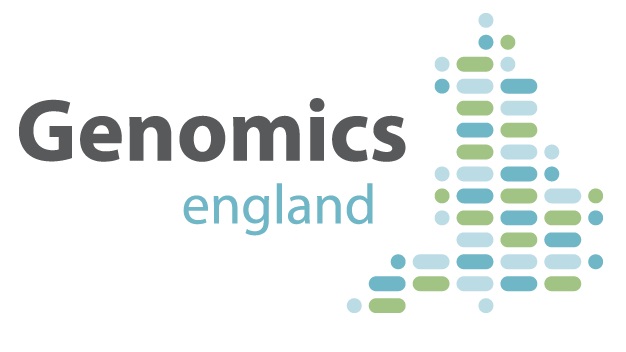
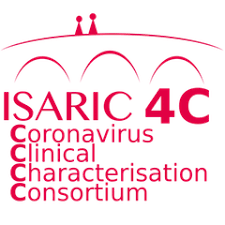
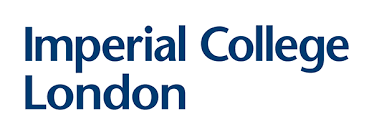

.jpg)
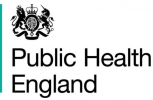

.png)


